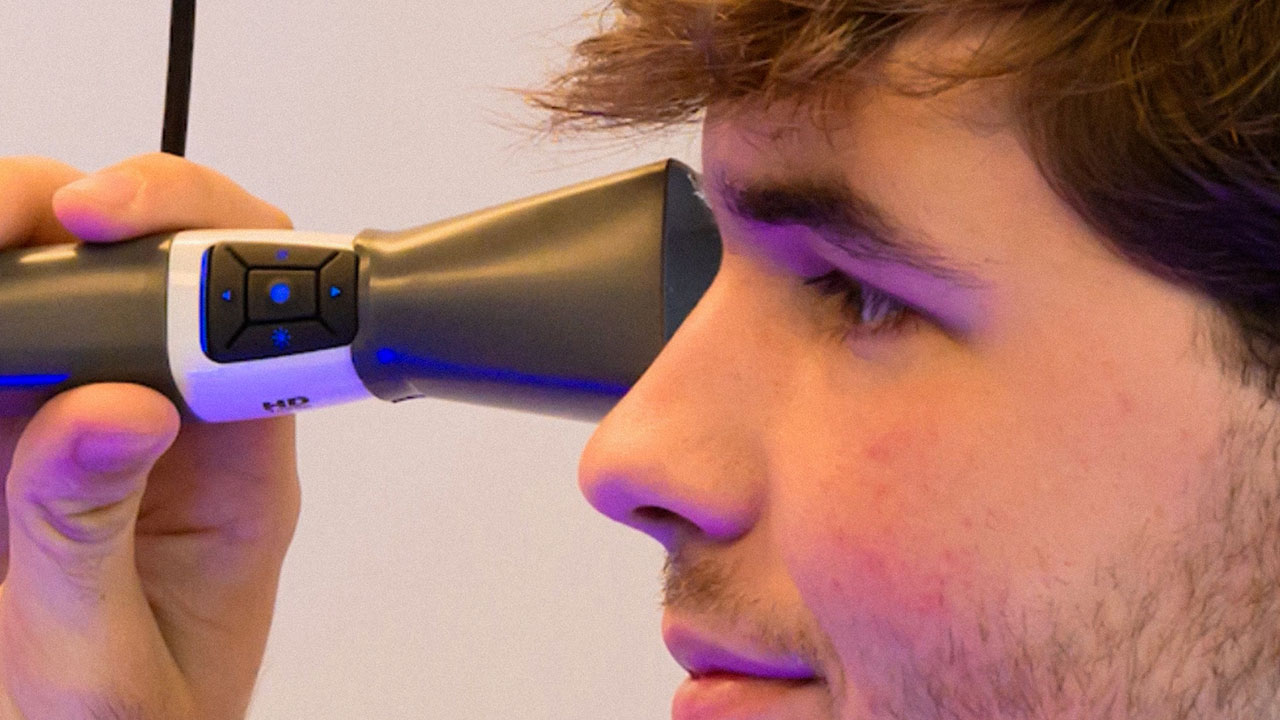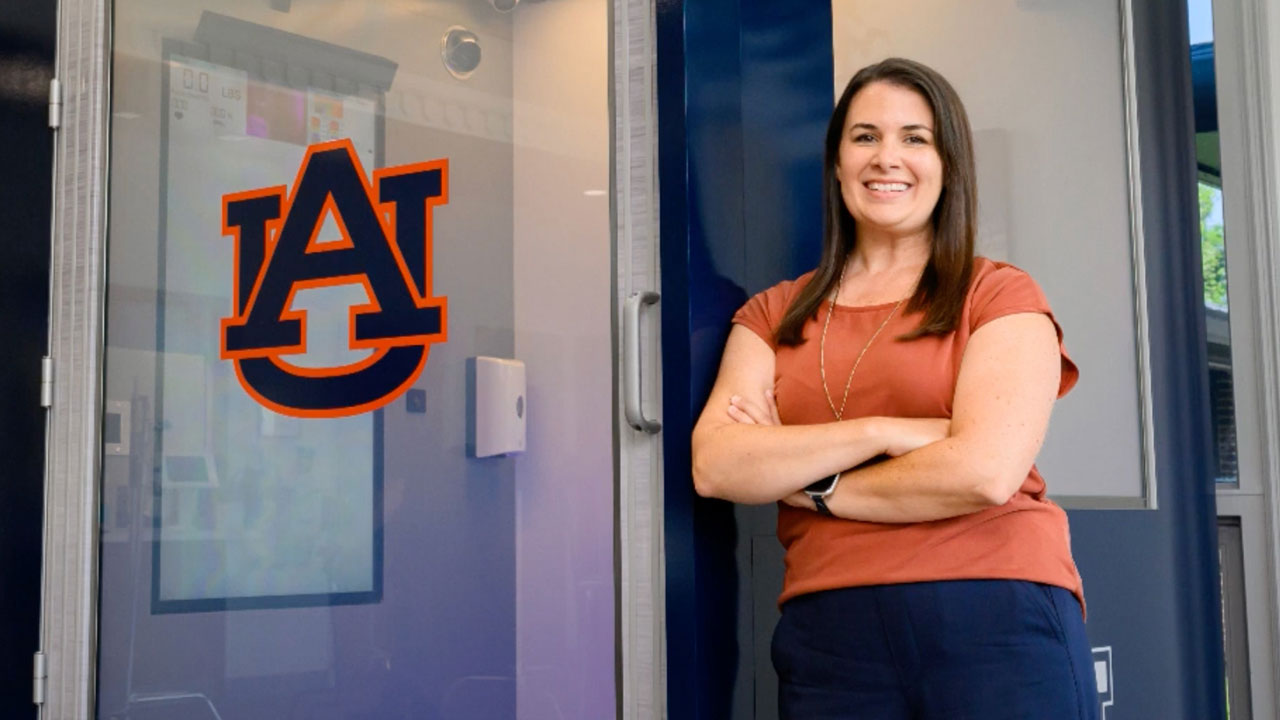

The rising cost of providing healthcare in rural America is crippling wellness infrastructure – and limiting access to care for people and communities that need it most. Alabama, the 8th most rural state in the nation, has seen 7 rural hospitals close since 2005. According to the CDC, rural Americans are more likely to die from heart disease, cancer, unintentional injury, chronic lower respiratory disease, and stroke than their urban counterparts. This constitutes a crisis of care that impacts the health and economic well-being of rural Alabama and America. With technology driving the delivery of everything from groceries to education, regardless of zip code, why can’t the same be true for healthcare?


For rural communities, providing local, easily accessible healthcare takes innovative approaches.

The Rural Health Initiative is leading the charge to remap Alabama’s rural healthcare access by partnering with Chambers County and the City of LaFayette, to create the Chambers County Community Health and Wellness Center, a revolutionary model that combines virtual medical care with on-site consultations.

The OnMed Care Station, a private telehealth kiosk, connects patients with a state-certified clinician that can meet the majority of their primary care needs.

In addition, Auburn faculty and students staff the clinic to provide residents with health and wellness education and services tailored to their community's needs.

Initial results from the care station were immediate and rewarding, proving that the system we’re developing in LaFayette can help other communities across the state – we are already collaborating with community leaders and organizations on four additional centers across Alabama’s Black Belt Region – and the nation.




